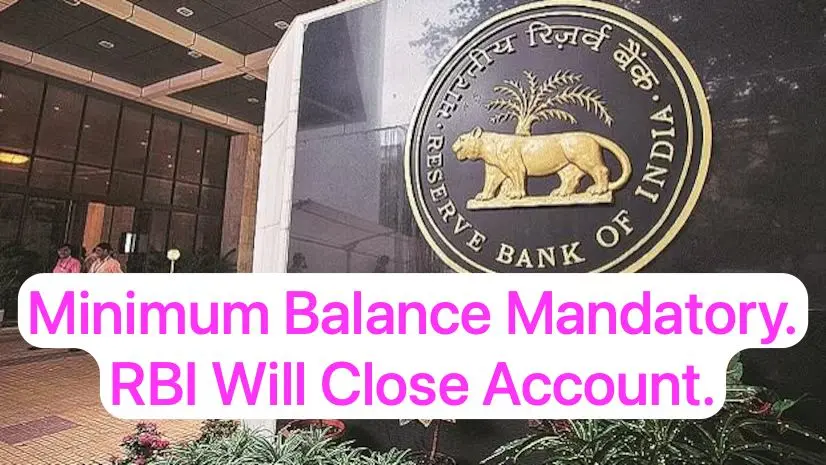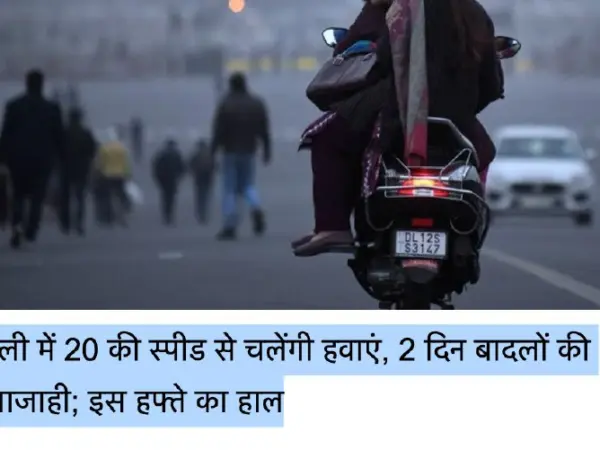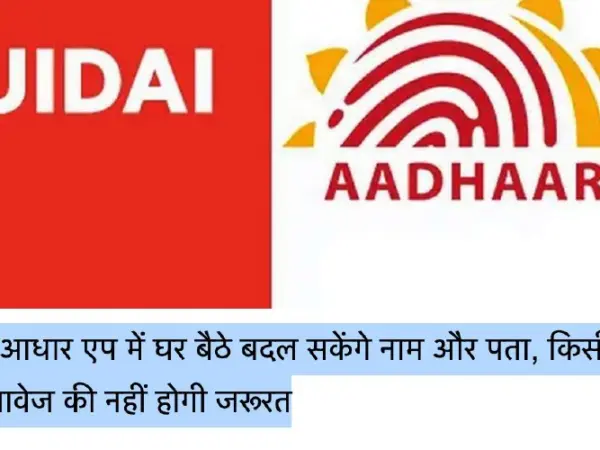The Reserve Bank of India (RBI) is introducing new banking rules starting January 1, which will significantly impact account holders. These changes aim to curb fraudulent activities, enhance transparency, and promote digital banking. Among these changes, three types of accounts will be closed as per RBI’s directives.
Why These Changes?
The new rules are part of RBI’s efforts to:
- Reduce Fraud Risks: Eliminating inactive and high-risk accounts to safeguard account holders.
- Enhance Security: Introducing measures that ensure safer banking practices.
- Encourage Digitization: Promoting the use of digital banking to streamline operations.
Account holders must understand these changes and take necessary action to prevent their accounts from being closed.

Accounts to Be Closed Under RBI Rules
- Inactive Accounts:
- Accounts with no activity for over 12 months will be closed.
- This step is aimed at reducing scam cases and increasing security.
- Dormant Accounts:
- Accounts with no transactions for two consecutive years fall under this category.
- Such accounts will also be closed.
- Zero Balance Accounts:
- Accounts with a balance of zero for a prolonged period are included.
Steps for Customers to Take
To ensure their accounts remain active, account holders should follow these steps:
- Complete KYC:
- Update your Know Your Customer (KYC) details with the bank.
- Maintain Transactions:
- Make regular transactions to avoid your account being marked inactive.
- Maintain Minimum Balance:
- Ensure your account has the minimum required balance to remain operational.
Table: RBI Rules for Account Closures
| Account Type | Reason for Closure | Action Required |
|---|---|---|
| Inactive Accounts | No activity for 12 months | Perform any transaction to activate |
| Dormant Accounts | No transaction for 2 consecutive years | Conduct regular transactions |
| Zero Balance Accounts | Prolonged zero balance | Maintain minimum required balance |





